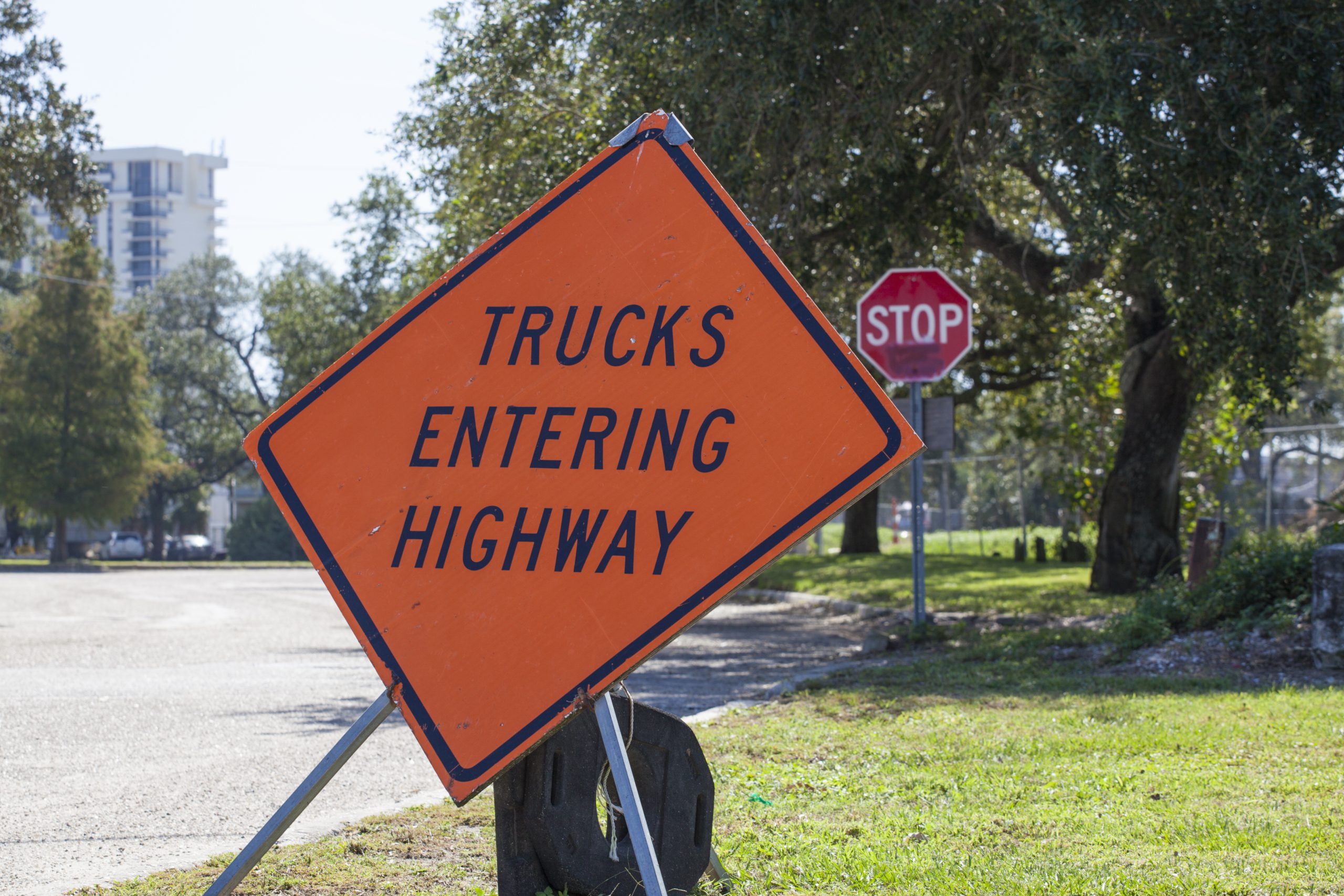The trucking industry is big business in the United States, and someone needs to oversee it. The primary government regulator for the trucking industry is the Federal Motor Carrier Safety Administration (FMCSA). If a trucking company operates in multiple states, it must follow FMCSA regulations, and many states base their trucking laws on FMCSA rules. This makes the FMCSA a key player in any Atlanta truck accident, as FMCSA rule violations can help prove a truck driver or trucking company acted negligently.
The Atlanta, GA, truck accident attorney at the W. Winston Briggs Law Firm knows FMCSA regulations inside and out, making the best choice for your case. Today, we’ll examine this essential government agency and how FMCSA rules can impact a truck accident case.
What Does the FMCSA Do?
The FMCSA is a regulatory agency within the U.S. Department of Transportation. Its main objective? Ensuring the safety of commercial motor vehicles (CMVs) like large trucks and buses. Some of the FMCSA’s primary duties include:
- Setting and Enforcing Safety Standards: One of the FMCSA’s main responsibilities is establishing safety regulations for the commercial driving sector. This involves not just setting the rules but also ensuring they are followed. This means that every time you see a bus or a big rig on the road, it must adhere to FMCSA safety standards.
- Data Collection and Analysis: The FMCSA closely monitors commercial vehicle accident statistics. By gathering and analyzing data related to accidents, violations, and other safety incidents, the agency can constantly update and improve its safety guidelines. The FMCSA also publishes an annual report detailing the number and circumstances of large truck and bus crashes nationwide.
- Providing Resources and Support: The FMCSA doesn’t just lay down the law and walk away. It offers training, educational materials, and other resources to assist the industry in meeting the set safety standards.
- Grant Programs: They also provide grants to help states and educational institutions improve commercial driver and vehicle safety.
Essential FMCSA Rules to Know
FMCSA rule violations are a common way to prove a truck driver or trucking company acted negligently and caused a crash. Therefore, knowing some essential FMCSA regulations is crucial for anyone injured in a semi-truck accident. Some of the most important rules include:
- Hours of Service – Drowsy driving is already a significant safety hazard for regular drivers. It’s an even bigger problem for truck drivers, as semi-trucks weigh significantly more than cars and tend to cause more severe injuries in accidents. Accordingly, the FMCSA has set strict limits on how many hours drivers can work daily and per week. The industry calls these rules Hours of Service regulations.
- Impaired driving – While the legal limit in most states, including Georgia, is a BAC of 0.08 percent, the FMCSA has set the legal limit for truck drivers at 0.04 percent. This means it is easier to show a truck driver was impaired at the time of the crash and, therefore, liable for any injuries they caused.
- Electronic Logging Devices (ELDs) – Under FMCSA rules, most trucks must be equipped with an electronic logging device. This device catalogs the truck’s speed, acceleration, route, and other data as the truck moves. Data from ELDs is often helpful in showing that a truck driver was speeding, slowed down too quickly, or acted negligently in some other way.
FMCSA Rules Are Critical for Atlanta Truck Accident Claims
Despite all the safety measures the FMCSA has implemented, truck drivers and trucking companies routinely ignore them, putting other drivers at risk. The W. Winston Briggs Law Firm can use FMCSA rule violations and other evidence to substantiate your claim for compensation. Call (404) 522-1500 now or complete our contact form for a free case review.
